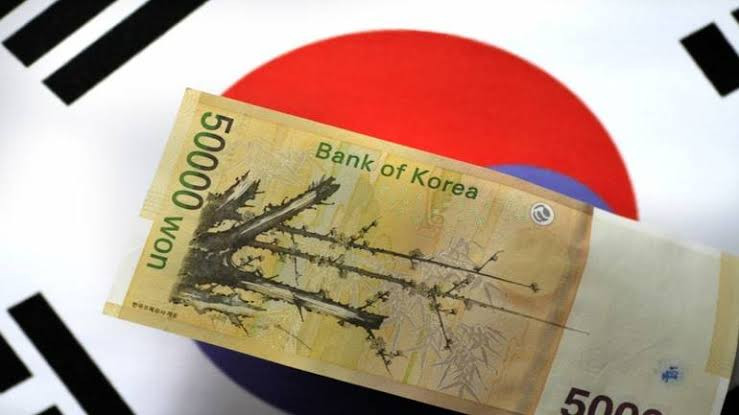Gov. Lee Ju-yeol of Bank of Korea (BOK), together with its seven-member Monetary Policy Board, decreased the key rate as expected with the market conditions and hinted that there will be further easing after the key rate was cut by 25 basis points to 1.25%.
Explaining the Board's accommodative monetary policy stance, Lee said that the "expected domestic economic growth" is going to be moderate and the forecast, inflationary pressure on the demand side of things.
He added that this process will help judge whether there is a need to adjust the degree of monetary policy accommodation at the same time that observations are getting done in changes in the financial stability and macroeconomic conditions affecting the two Base Rate cuts, referring to the other quarter-point cut in July.
Lee assured that there is "more room" to cut if the need arises.
The BOK will monitor the changes in the economies, the increasing trend of household debt, geopolitical risks and the US-China trade negotiations.
Kim Myung-ship, an economist from Shinhan Investment Corp, said an additional cut is expected and could be happening during the first quarter of 2020 to which Park Seok-gil, an economist at JPMorgan, agrees with.
The additional cut will depend on the fourth-quarter gross domestic product.
Likewise, out of the 31 analysts that got polled by Reuters, 17 said the BOK will cut at least twice more by the third quarter of next year.
The downside risks now for South Korea is consumer prices are falling into the negative territory, exports are slowing and growth is getting sluggish even after Beijing and Washington agreed to an alternative deal.
Lee's forecasted growth of 2.2% is now impossible because of the domestic economic situation and overseas uncertainties.
Credit rating agency Fitch Ratings' growth forecast is at 2% with exports as the key growth driver.
South Korea's consumer price index decreased by 0.4% in September compared to the year before.
Fresh food pricing dropped 15.3%.
BOK said that inflation will "fluctuate for some time" at around the 0% level to which next year, it will start in the 1% range.
South Korea's long-standing dispute with Japan has flowed into an economic conflict with the latter controlling exports of chemicals needed by South Korean chipmaking giants Samsung and SK Hynix.
Kim Chan-hee, an economist at Shinhan Investment Corp. said that it is still too early to say that South Korea is going to have protracted price falls.
Still, experts agree that the export-reliant country is losing steam because of trade issues.
Korea Development Institute noted that though there is an improvement in consumption, "the Korean economy remains stagnant."





